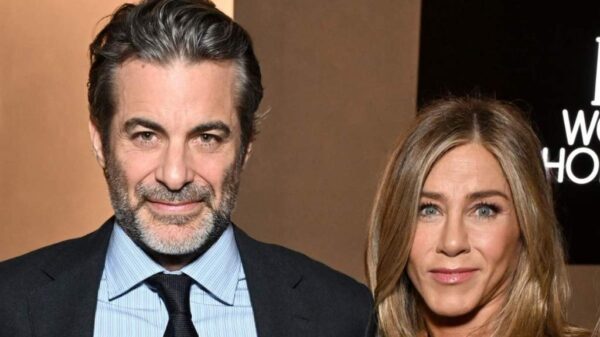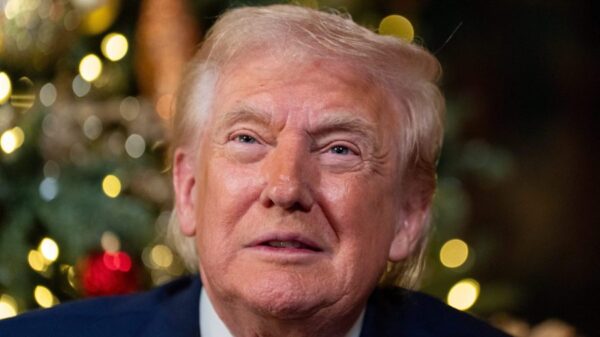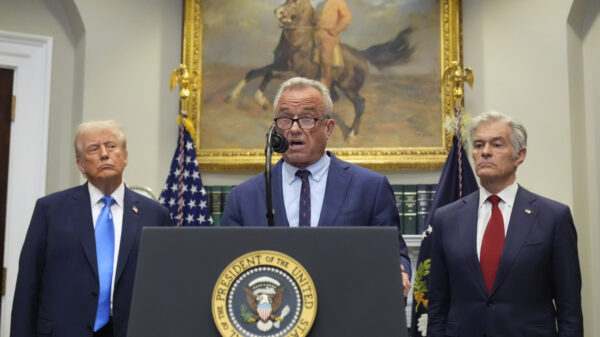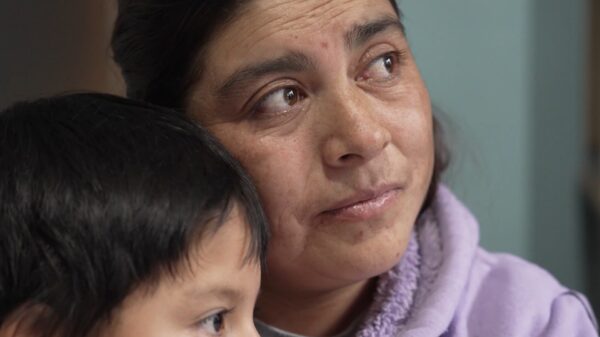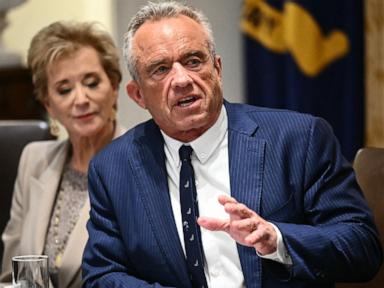Nine former directors of the Centers for Disease Control and Prevention (CDC) are raising alarms about the health policies of Health and Human Services (HHS) Secretary Robert F. Kennedy Jr.. In an op-ed published in The New York Times on March 18, 2024, the directors warned that Kennedy’s actions could jeopardize the health of Americans. Their concerns follow the recent ousting of the CDC’s new director, Dr. Susan Monarez, a decision they believe reflects a troubling trend in public health leadership.
The group, which includes seven former directors and two former acting directors whose tenures date back to the administration of former President Jimmy Carter, expressed their dismay over a series of recent developments at HHS and the CDC. According to sources, Kennedy and his principal deputy chief of staff, Stefanie Spear, pressured Monarez to support significant changes to COVID-19 vaccine policies and to dismiss high-level staff, which she ultimately declined to do.
Dr. Richard Besser, who served as acting director of the CDC during the administration of former President Barack Obama, highlighted the unprecedented nature of current events. He stated, “What we are seeing taking place in the Department of Health and Human Services, and at CDC in particular, is not business as usual.” Besser elaborated that Kennedy appears to have a strong agenda focused on dismantling the vaccine system in the United States and restricting access to essential health interventions.
The op-ed outlines several contentious actions taken by Kennedy, including the termination of thousands of federal health workers, the promotion of unproven treatments during a measles outbreak, and the cancellation of $500 million in federally funded mRNA vaccine research. Furthermore, Kennedy’s decision to replace all 17 members of the CDC’s vaccine advisory committee with individuals who hold vaccine-skeptic views raises significant concerns among public health experts.
Besser stated that the removal of Monarez, coupled with the resignation of at least four other senior officials, has left the U.S. public health infrastructure vulnerable to both routine health challenges and emerging public health threats. “We can’t predict when the next pandemic will be here, but we know there will be future pandemics,” he said. This sentiment underscores the urgency of addressing the current state of public health governance.
The former directors unanimously agree that the CDC, once regarded as the world’s leading public health institution, is facing a crisis. They called upon Congress to exercise its authority to oversee HHS and to address the gaps left by Kennedy’s policies. This plea aligns with a recent assertion from Senator Bill Cassidy (R-Louisiana), who emphasized the need for congressional oversight in light of the departure of CDC leaders.
Besser noted, “We represent individuals who served in every administration from Jimmy Carter through Donald Trump, Republicans and Democrats, and we were unified in our feeling that what we’re seeing is extremely alarming.” He expressed hope that their collective voice would resonate with lawmakers and prompt necessary actions to safeguard public health.
In conclusion, the op-ed serves as a clarion call for immediate attention to the changes occurring at HHS and the CDC. The former directors are urging both federal and local governments to take proactive measures to ensure public health resources remain intact and effective in the face of future challenges.




